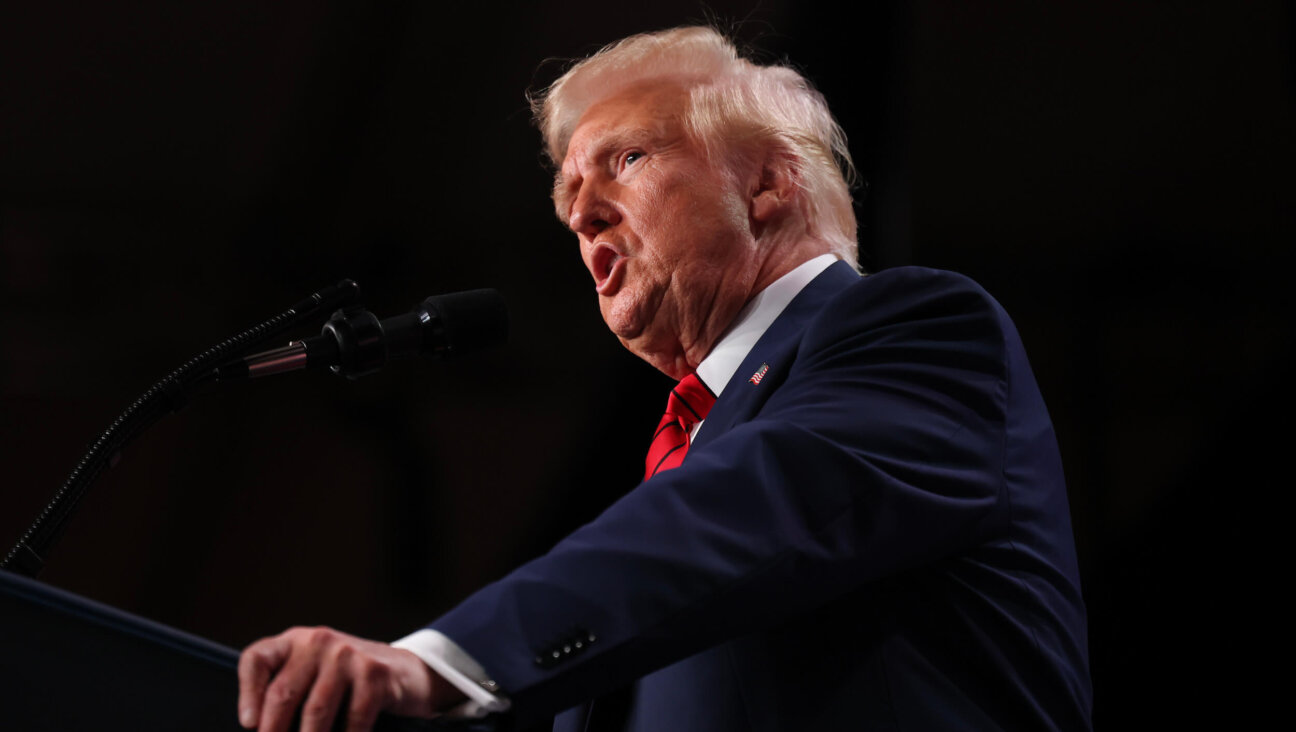‘Zombie Liberalism’: Standing Up for Minorities, Losing Sight of the Majority?
The Washington Post has a useful news analysis that looks at the New York State gay marriage decision and what it says about the state of liberalism. The headline says it all: “The rise of zombie liberalism: Half-dead, half-alive. “
The basic premise isn’t terribly new, but it’s too often forgotten: the liberalism of “Expanding civil rights and the retreat of discrimination on race, gender and now sexual orientation” is doing great. But “Income inequality has soared to levels not seen since the Gilded Age and the Roaring Twenties, anti-tax orthodoxy is ascendant on the right, the safety net is under attack, and labor unions are barely hanging on.”
If the country is becoming more liberal on accepting minority rights, why is the left having such a hard time making progress on its bread-and-butter issues of class and economics, which were once its central, animating concerns?
It’s a critical question. While focusing on the civil rights of minorities, liberals and Democrats have lost their voice on the economic rights of the majority. Minority rights are a noble cause, but majorities win elections.
The writer, Post national reporter Alec McGillis, walks through a variety of explanations without taking a stand. One candidate: Americans’ native self-reliance, which favors individual rights but recoils at communal responsibility. Another candidate: the identity politics of the 1970s, which led to a decline of class in the attention of liberals — as a result of which “they were just less attentive to issues of economics,” in the words of John Russo, co-director of the Center for Working-Class Studies at Youngstown State University.
Sobering thoughts indeed, until you come to this conversation-stopper:
Of course, New Deal-style economic liberals note that polls show even greater public support for liberal planks such as raising taxes on the wealthy than for gay marriage, which recently crept above 50 percent in Gallup’s survey. According to Gallup, 59 percent of Americans say upper-income people pay too little in taxes, and 67 percent say corporations pay too little — which helps explain President Obama’s singling out of tax breaks for billionaires at his press conference this past week. The success of the liberal agenda, from this perspective, is less about where public opinion is than where the money is.
Gay rights proponents in New York had the backing of some very wealthy Wall Street donors who normally support Republican causes but who gave $1 million for the same-sex marriage push, motivated by their libertarian leanings and, in some cases, by the fact that members of their families are gay. When they are not cutting checks for gay marriage, these men are leading the way in opposing higher taxes on the very wealthy and fighting tougher financial regulations, with resources far beyond what organized labor can muster…
We could stop there. But McGillis gets into some identity-group politics that complicates the issue in some very interesting ways:
One group is Catholics, specifically
the New York State Catholic Conference, which has suffered defeats this year on two fronts: on the same-sex-marriage vote and in state budget discussions, where it tried to prevent cuts to the social safety net, such as aid to the homeless.
Secondly, he cites
a theory that the civil rights movement may have hurt public support for social and economic programs, as conservatives sought to cast such efforts as sops to newly empowered racial minorities. It’s a delicate subject for liberals, as it suggests that the two goals of the movement have the potential to undercut each other.
Another interesting question, which McGillis doesn’t explore, is the psychology of the Wall Street liberals who support gay rights and other minority- and civil-rights causes and form the backbone of Democratic Party financing but don’t support workers’ rights or economic justice. Maybe the entry of big money into politics has simply crowded out any possible discussion of economic rights.
A message from our Publisher & CEO Rachel Fishman Feddersen

I hope you appreciated this article. Before you go, I’d like to ask you to please support the Forward’s award-winning, nonprofit journalism so that we can be prepared for whatever news 2025 brings.
At a time when other newsrooms are closing or cutting back, the Forward has removed its paywall and invested additional resources to report on the ground from Israel and around the U.S. on the impact of the war, rising antisemitism and polarized discourse.
Readers like you make it all possible. Support our work by becoming a Forward Member and connect with our journalism and your community.
— Rachel Fishman Feddersen, Publisher and CEO























